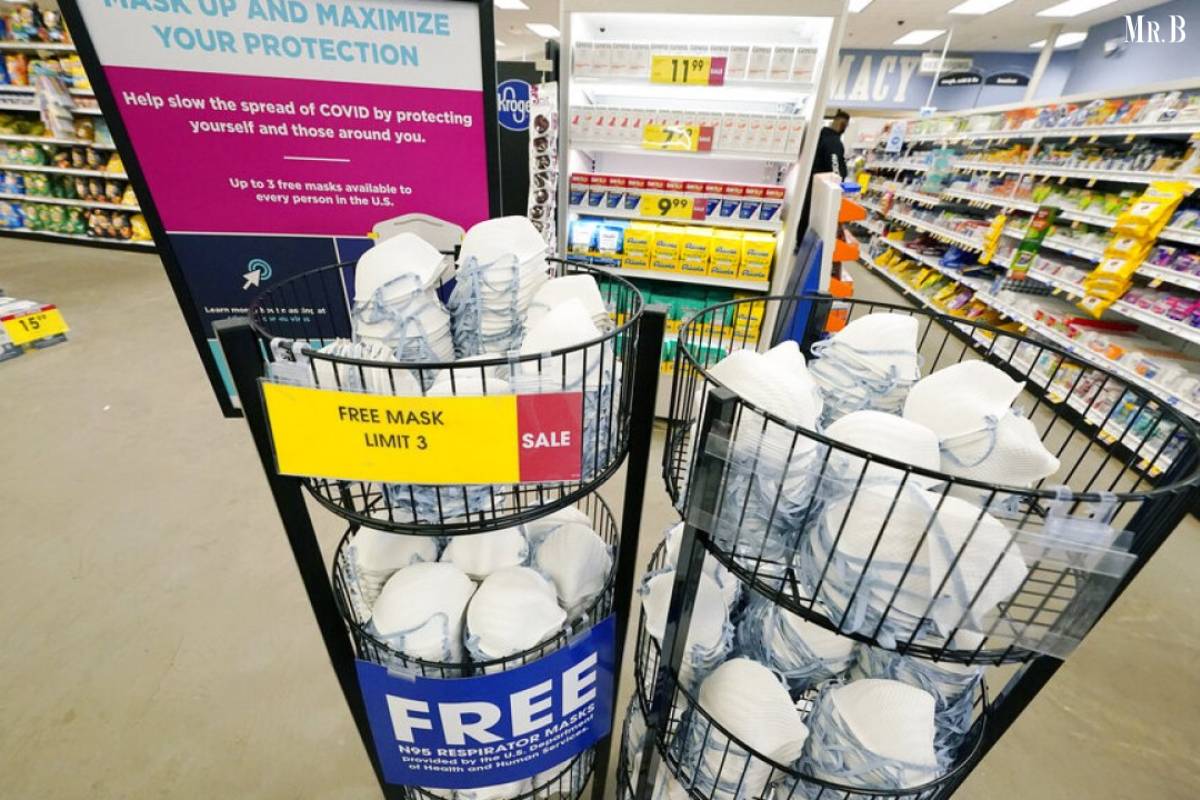The U.S. Federal Trade Commission (FTC) has issued recommendations urging policymakers to investigate stores Grocery Profits which have remained notably high since the onset of the pandemic. Additionally, the FTC has filed a lawsuit aimed at blocking Kroger’s proposed acquisition of smaller rival Albertsons, citing concerns over potential price hikes for consumers. The release of the FTC report has prompted calls for accountability and regulatory action within the grocery industry. While major players like Walmart and Kroger have yet to respond to inquiries, the FTC’s lawsuit against Kroger’s proposed acquisition of Albertsons underscores the agency’s commitment to preserving market competition and protecting consumers from potential anticompetitive practices.
Study Highlights Disparities in Grocery Sector and Stores Grocery Profits
The FTC initiated a study in 2021 to examine the impact of the pandemic on the grocery supply chain, revealing significant disparities within the industry. Large chain stores, such as Walmart and Kroger, managed to secure limited resources during the crisis, leaving smaller independent grocers at a disadvantage. This market dynamic not only harmed communities dependent on smaller retailers but also raised concerns about the dominance of larger corporations. Moreover, the study’s revelations about trade promotions shed light on the unequal playing field within the grocery sector. While retailers employing an “everyday low pricing” strategy, like Walmart, benefited from reduced spending and streamlined operations, traditional grocers faced challenges in maintaining competitiveness amidst fluctuating demand and supply chain disruptions.
Calls for Action and Further Inquiry
FTC Chairperson Lina Khan emphasized the need for swift action if antitrust violations, including those under the Robinson-Patman Act, are uncovered. The study also shed light on trade promotions and their potential impact on market competition, particularly disadvantaging traditional grocers reliant on frequent promotions. The report underscores the urgency for policymakers and regulators to investigate these practices and safeguard consumer interests within the grocery industry. The FTC’s recommendations come at a crucial juncture, with implications for market competition and consumer welfare. Elevated profits among major grocery chains during the pandemic and beyond raise questions about the fairness of pricing practices and the accessibility of essential goods for consumers. The FTC’s findings suggest that the dominance of large retailers has hindered competition, potentially limiting consumer choice and driving up prices in the market. The FTC’s recommendations signal a pivotal moment for the grocery industry, calling attention to the need for greater transparency, accountability, and regulatory oversight. As policymakers and regulators consider next steps, ensuring fair competition and equitable access to essential goods remains paramount in safeguarding consumer interests and promoting economic resilience by Grocery Profits .
Curious to learn more? Explore this News on: Mr. Business Magazine








